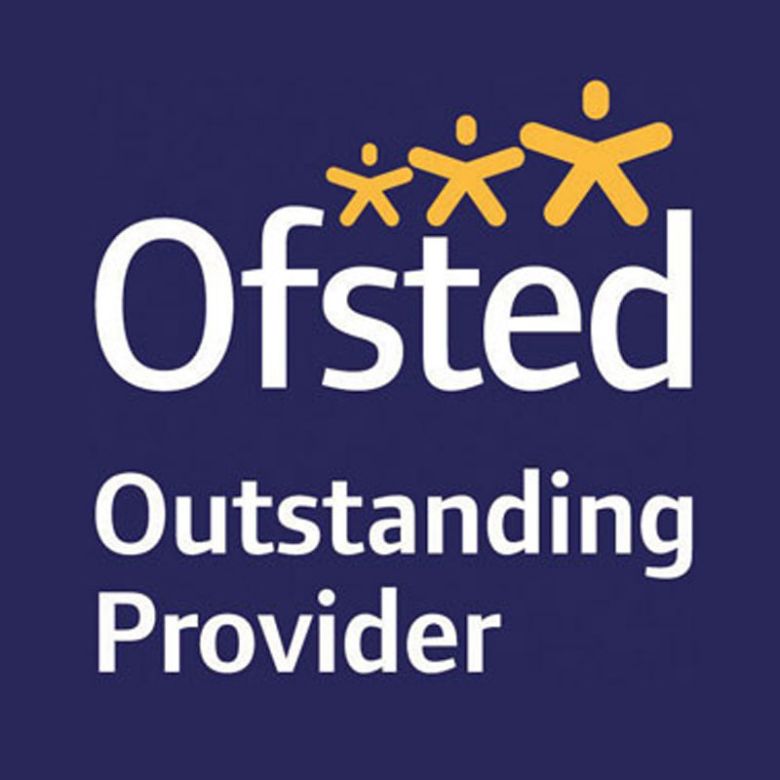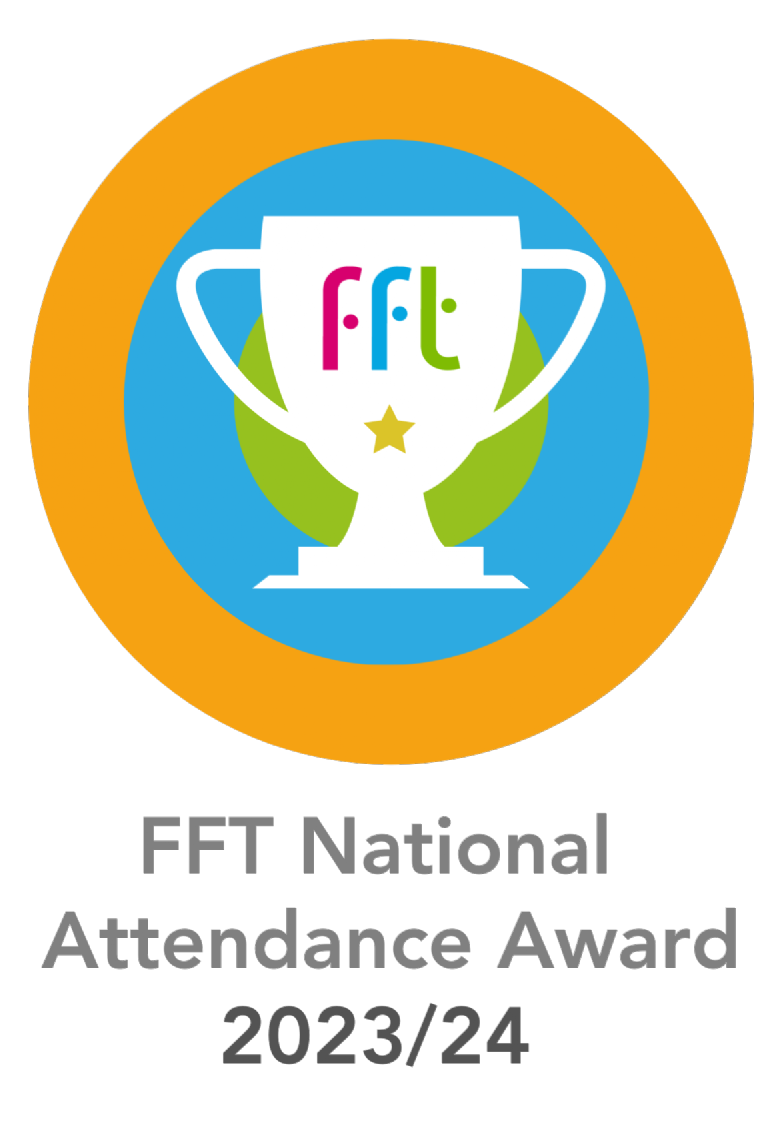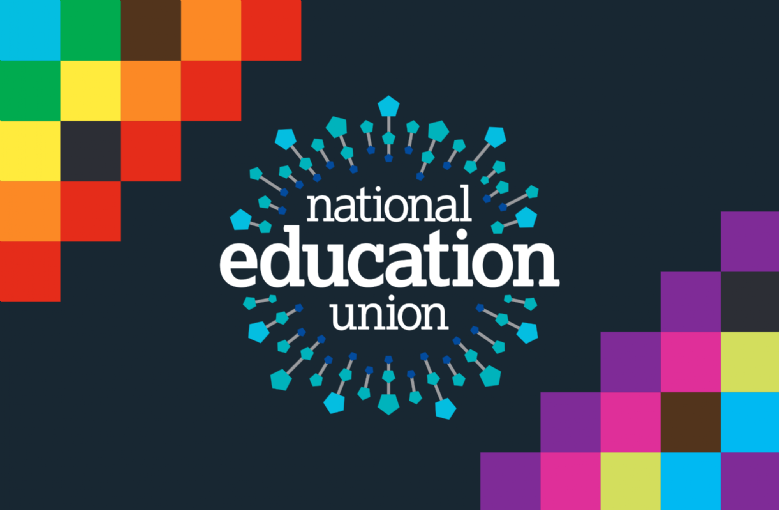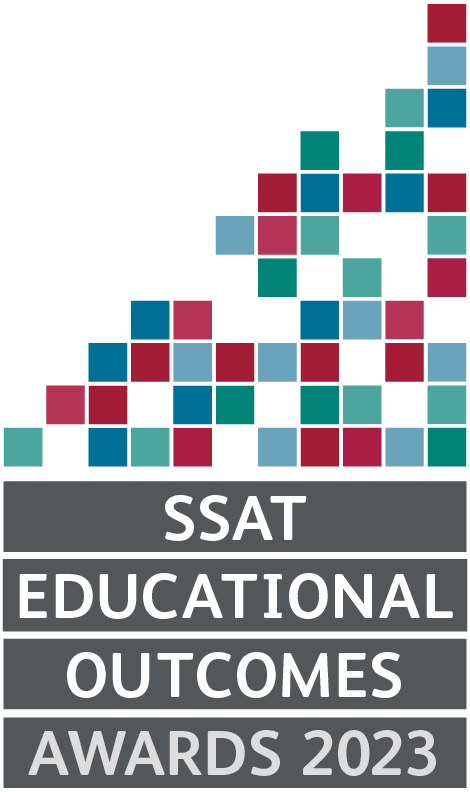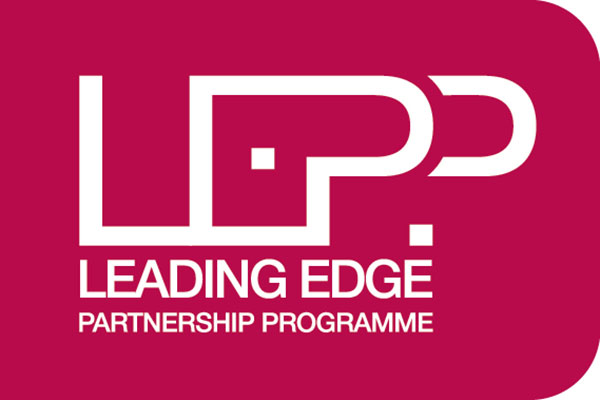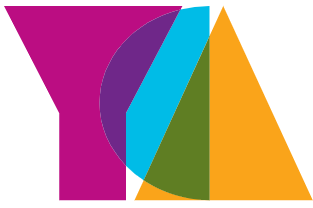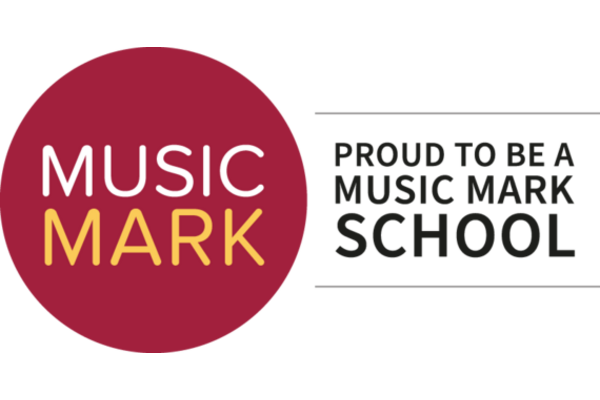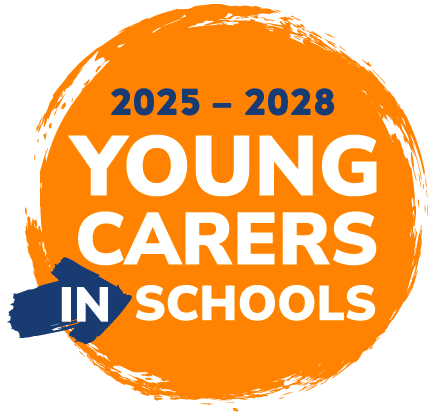Financial Information
Annual statements
Literacy and Numeracy Catch Up Premium
Literacy Catch-Up Strategy
- High quality teaching and learning and staff training ensures that work is suitably differentiated to support the development of reading across the curriculum.
- All Year 7 pupils undergo a reading assessment prior to joining the school in Year 6. Identified catch up learners will meet the literacy team prior to joining the school and where possible early intervention takes place in the primary schools.
- All catch up pupils receive high quality, personalised, reading intervention using a sophisticated range of resources and proven strategies to support struggling readers.
- Regular analysis of progress data is undertaken to ensure pupils are receiving appropriate and successful interventions.
- Interventions are delivered by a highly trained team of SEND specialist teachers and teaching assistants.
- A specialist Literacy and Numeracy Hub creates a welcoming and supportive environment in which reading intervention takes place.
- Parental support through 1-2-1 meetings with the parents/carers of all catch up cohort pupils during the Year 7 meet the tutor evening in November.
- Reading resource packs are provided for all catch up cohort pupils for use at home with parents/carers.
- Small class sizes in English for Year 7 pupils identified as requiring catch up for reading.
- Use of Accelerated Reader for all Year 7 pupils during a dedicated reading lesson in the school library.
- Reading for pleasure drive across the school through the use of outside inspirational authors. (Bali Rai, Kim Slater etc.)
- Investment in a set of reader pens to support pupils to access and enjoy challenging texts and to train them in the use of the pens for future possible access arrangements.
Numeracy Catch-Up Strategy
- Small class sizes in mathematics for Year 7 pupils identified as requiring catch up for numeracy.
- Quality First Teaching of numeracy skills throughout all mathematics lessons to target areas of weakness identified in initial Year 7 baseline assessments.
- Delivery of high-quality numeracy intervention for key pupils in the catch-up cohort. This intervention is planned by our specialist SEND mathematics teacher and delivered by our numeracy teaching assistant and specialist teachers.
- A specialist Literacy and Numeracy Hub creates a welcoming and supportive environment in which numeracy intervention takes place.
- Regular analysis of progress data is undertaken to ensure pupils are receiving appropriate and successful interventions.
- Numeracy resource packs are provided for catch up cohort pupils for use at home with parents/carers. The pack contained a multiplication grid, a hundred square, a whiteboard with larger squares (for column algorithms), a small clock with movable hands, a target board to practise times tables and some stationery. Teachers model how to use the packs and additional packs for use in the classroom are available.
- Maths Challenge Wall and regular monthly mathematical challenges promote numeracy skills across the curriculum for all learners.
Pupil Premium
What is the Pupil Premium?
Pupil Premium funding is additional funding which is given to schools in order to raise the attainment of the most disadvantaged pupils of all abilities and to close the gap between them and their peers. The Pupil Premium is, in the opinion of the government, the best way to try to give pupils who require additional support, the best start possible in education and in life. This is why schools receive additional funding, on top of main school funding allocation.
‘Diminishing the difference’ ‘Narrowing the Gap’ are often talked about. This phrase refers to the gap in performance at GCSE between pupils from more advantaged backgrounds and those who are in receipt of Pupil Premium Funding. Nationally, there is a clear divide between these two groups of pupils, which will be explored in more detail later in this document. There is overwhelming evidence that disadvantaged pupils achieve and progress at a slower rate than those from more privileged backgrounds:
- Children from more disadvantaged backgrounds (17%) are less than half as likely to enter higher education as other children (35%).
- The reading skills of the highest-performing 15-year-olds from poor backgrounds are, on average, about two years behind the highest-performing pupils from privileged backgrounds.
- Only a quarter of boys from working-class backgrounds take up middle-class (professional or managerial) jobs.
- Free School Meal (FSM) pupils are at least 3 times more likely to be permanently excluded than their peers, twice as likely to have a Special Educational Needs statement and are more likely to change schools. They are also more likely to have literacy and numeracy problems and national research suggests that they are more likely to experience poorer quality teaching
(Source: Closing Gaps in attainment, Robert Hill, Association of School and College Leaders, 2013).
Further information can be found in our Policies and Statutory Information section.
Summer School
Summer School Funding Received £14,287 (currently applied but not received)
Teaching and Learning Support Staff Salaries: £5,638.99
Other Staff Salaries: £3,393.30
Canteen Supplied Food: £2,300
Ice Cream for pupils: £480
Utilities: £1,635
Resources: £839.71
Other Costs absorbed by the School but not claimed.
Headteacher Coordination of Parental attendance requests and Senior Manager.
Opening and Covid Cleaning costs.
This decision was made to mitigate the Covid enforced absence that was unrecoverable.
Further information can be found on the Schools Financial Benchmarking Service website.

